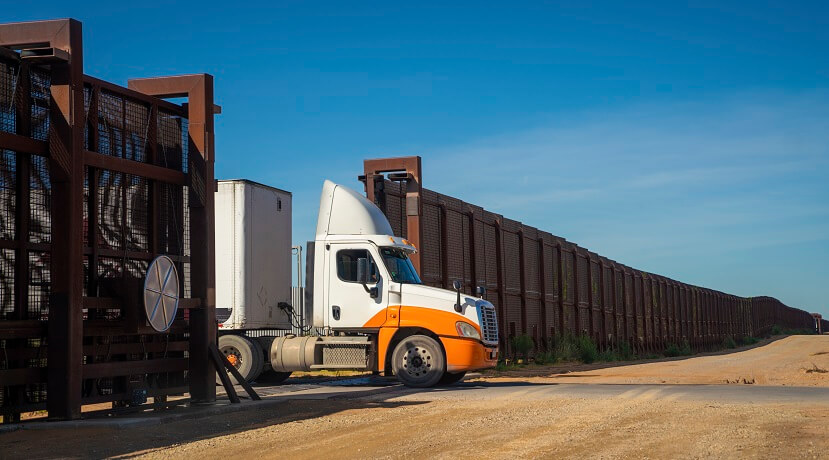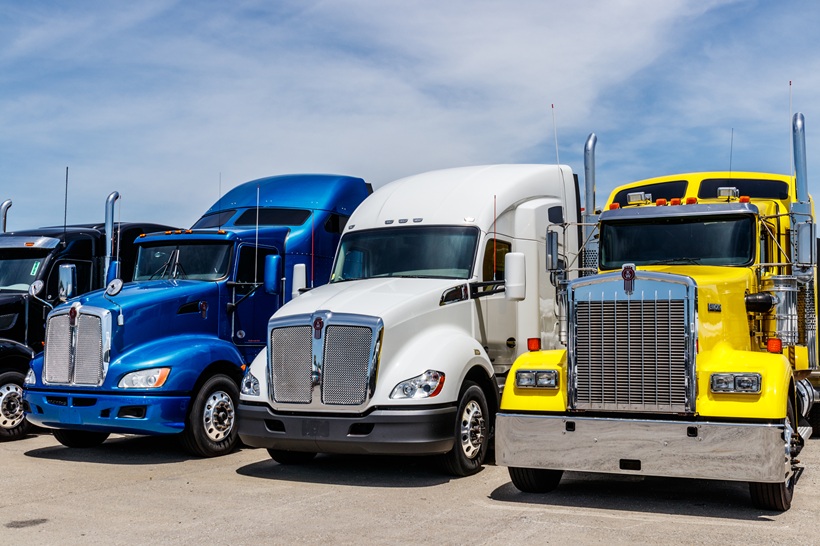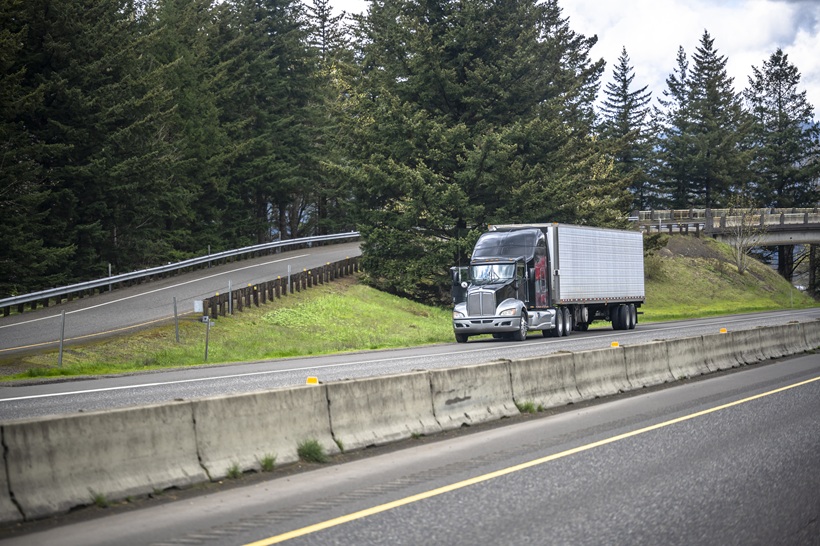
A Look at Notable Topics from TIA 2024, Including Cross-Border Operations
Cross-border freight operations, the current freight recession, fraud, and transparency were a few of the many interesting topics addressed at the 2024 TIA Capital Ideas Conference held in Phoenix from April 10-13.
The freight market has had to deal with a degree of whiplash over the last few years. The high-demand COVID era of 2020-21 saw thousands of new carriers and third-party logistics firms enter the market, eager to provide additional capacity and take advantage of higher rates.
Starting in 2022, that demand dried up precipitously, sending freight rates and tender rejections plummeting. This freight recession continues today and was one of the topics discussed at the Transportation Intermediaries Association’s 2024 Capital Ideas Conference, held April 10-13 in Phoenix, Arizona. The market slowdown has caused thousands of freight brokers and carriers to drop out of the market.
“This market right-sizing is painful. Regardless of whether it makes sense to get rid of some of the excess capacity in the marketplace, these closures obviously hurt people,” said TIA President Anne Reinke.
Fraud and transparency were two other significant topics addressed at the conference. During the past year, the association stood up a fraud task force and launched a quarterly fraud report to better educate member brokers/3PLs and encourage them to take action to fight double brokering and theft. Reinke estimated in January that fraud costs the industry up to $700 million in freight payments each year.
On the transparency front, TIA cited a statistic that 92% percent of carriers are unrated by the Federal Motor Carrier Safety Administration. Nine of 10 carriers across the country operating with no safety rating by the federal government is an untenable situation for brokers and 3PLs who rely on working with trustworthy carriers. The FMCSA has shown a willingness to change the status quo, but no industry consensus on how the ratings should be changed has yet emerged.
However, one especially compelling session at TIA Capital Ideas discussed the state of cross-border operations between the United States and Mexico. In an informal poll of attendees at the “Effective & Successful Cross-Border Operations” session held on Friday, April 12, half of brokers/3PLs said they currently operate in Mexico, while a number of those who don’t operate in Mexico indicate they want to in the coming years.
While that’s not exactly a scientific survey, it does signal that operating in Mexico is a growing subsector for the industry and that operating south of the border could be an option for many 3PLs going forward. Let’s look at three things to keep in mind when thinking about cross-border operations in Mexico.
1. Manufacturing is big in Mexico, and it’s only going to get bigger.
Mexico’s status as a developing economy has made it a natural target for manufacturing over the past few decades, but recent market forces have accelerated that existing trend.
Trade measures taken against China in recent years have made Mexico more attractive to ship from for manufacturers due to lower tariffs and closer proximity to developed markets like the U.S. and Canada. According to the Mexican government, the country received a record $36 billion in direct foreign investment in 2023, much of which is attributable to companies nearshoring operations away from Asia. Additionally, Mexico was the U.S.’ top trading partner in January.
The trend is poised to continue for at least the next several years. 3PLs have the potential to do major business in Mexico, and building relationships with shippers and carriers early in the boom can give brokerages a huge leg up on the competition.
2. Risks are higher than the U.S., though.
Doing business in Mexico isn’t quite as simple as putting up a new office across town. To say nothing of the bureaucratic aspects of starting a business in a different country, there are important differences involved with transporting freight in Mexico.
Mexican carriers are not required to carry the same amount of insurance as their American (or Canadian) counterparts, and any coverage they do have is likely to be based on the tonnage of the load and not value. This can lead to a situation where a high-value load from a shipper has minimal coverage.
Cargo theft is also an issue that is, unfortunately, on the rise in Mexico. In 2023, theft grew by 3.9% over the previous year, according to the country’s public security ministry. Shippers and brokers should also not expect the same visibility and service as the U.S. Oftentimes, stakeholders will receive updates on WhatsApp or only at truck stops near the U.S.-Mexico border. Additionally, there is no electronic logging device (ELD) mandate in Mexico.
3. Steps to mitigate risk are available – and imperative to brokering in Mexico.
Traditional insurers have typically been hesitant to assure cross-border loads, which has often meant a 3PL takes its chances with minimal insurance or asks a shipper to sign a waiver of liability. However, given the freight and manufacturing boom in Mexico, insurers are becoming more receptive to insurance agreements. Brokers may be able to secure additional insurance on behalf of the shipper to cover the full value of the freight.
And while ELDs and other telematics are not required in Mexico, carriers that use them help guarantee a level of visibility and safety. One example mentioned during the session involved Nestlé, who had seven shipments hijacked in one week in Mexico. However, because the food and drink giant used tracking on those shipments, they were recovered.
These factors make it imperative for 3PLs to take proactive risk management steps that discern the best carriers to work with and employ specialized customer agreements with shippers.
Whether you work in one country or three, Transflo can help 3PLs work more efficiently.
Operating outside of the United States as an American broker or 3PL isn’t easy. Language barriers, customs issues, foreign laws, and the potential issues discussed in this blog may take up significant time and effort. But that doesn’t mean your partner carriers and shippers stateside will have time to wait.
For your more bread-and-butter freight, there’s Workflow AI from Transflo, which can reduce up to 97% of manual work and automate countless tasks. Then, your team will have more time to work with unique cases – or begin or continue operations in Mexico.



